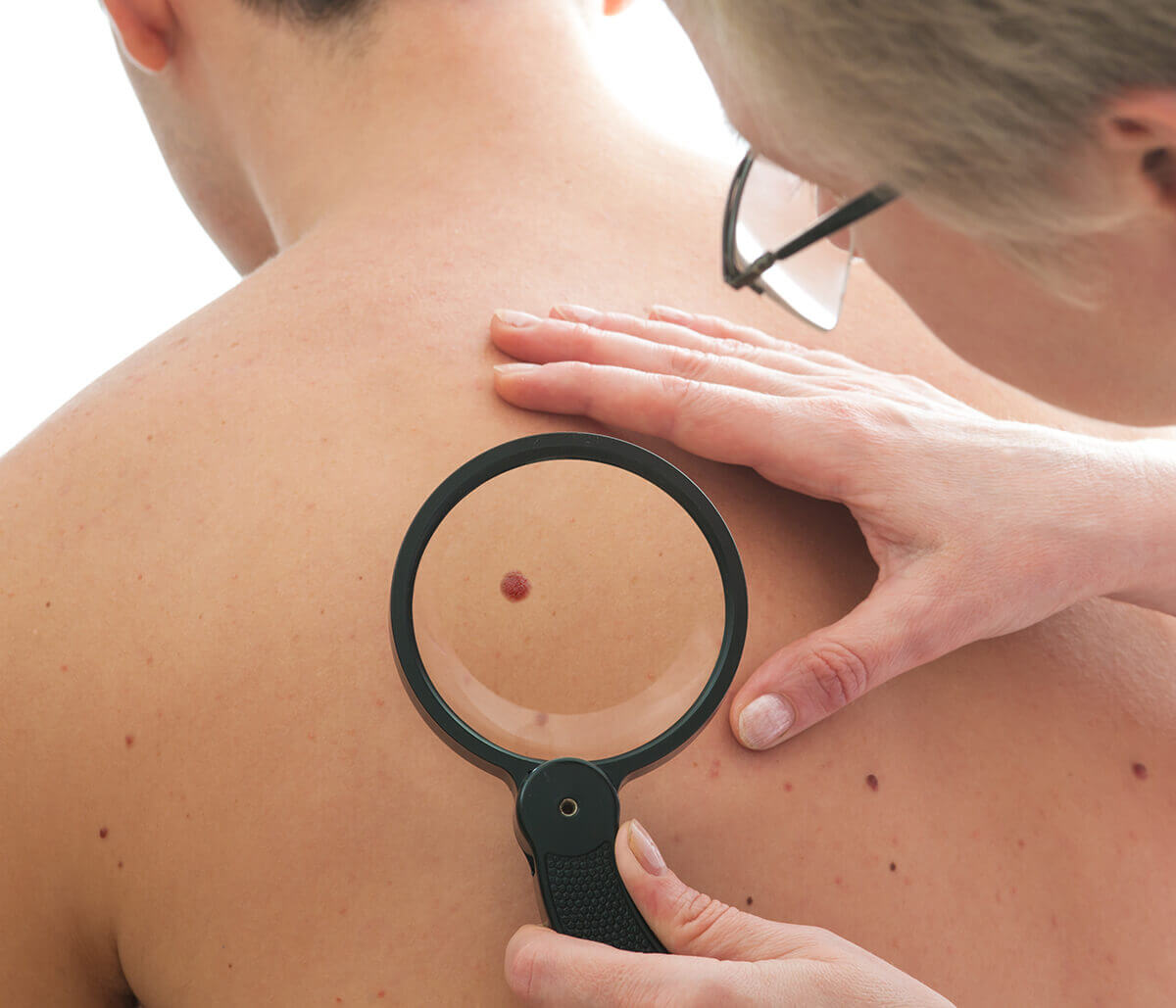
- About Us
- Services
- Medical Conditions
- Solutions We Offer
- Financing
- Success Stories
- Gallery
- Contact
Feb
Here at drs skincare in Hamilton, ON we offer a wide variety of aesthetic treatments. However, our focus goes beyond the appearance of skin. We seek to help our patients enjoy clear and healthy skin, avoiding medical dermatological problems. That is why we regularly remind patients to use sun protection and have regular skin cancer screenings. We also strive to educate our patients and the general public about how skin cancer affects the body, and why it is never worth taking risks.
Human skin is prone to abnormalities, from freckles and moles to unidentifiable rashes. Unfortunately, many people tend to ignore unusual spots on the skin unless they present a cosmetic concern. However, sometimes these spots are actually cancerous tumors, and without prompt treatment, they can cause serious damage, possibly even death.
The three most common forms of skin cancer are:
If the tumor is not removed, cancerous cells can travel through lymph nodes, blood, and body tissue, causing the disease to spread. Melanoma is the most aggressive common skin cancer, and therefore the most likely to spread to distant areas of the body and vital organs. However, even a slow-growing tumor has potential to affect other areas. Additionally, even localized cancer can grow into a large tumor or ulcer, which can be disfiguring.
The two most important things you should know about skin cancer are:
If you have a suspicious skin lesion, or if you are due for a cancer screening, call us at (905) 524-1712 for an appointment.
